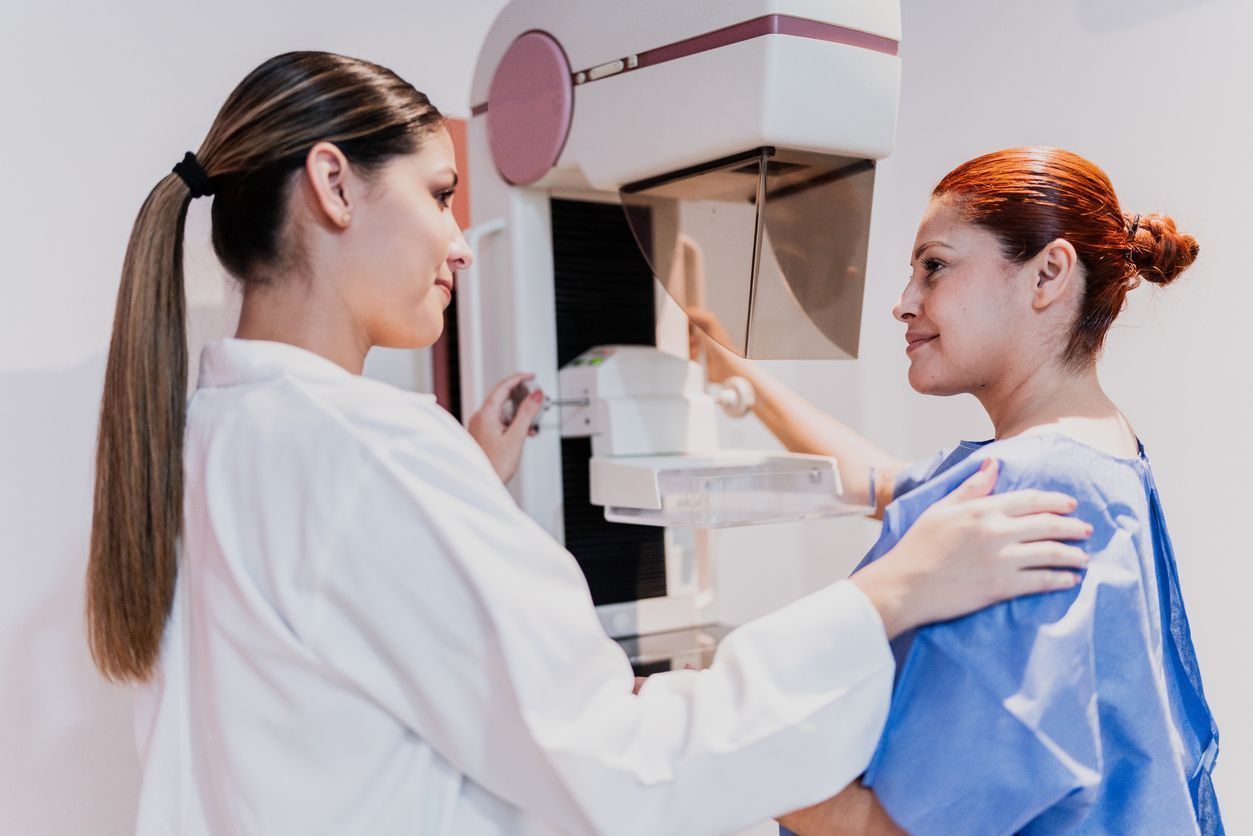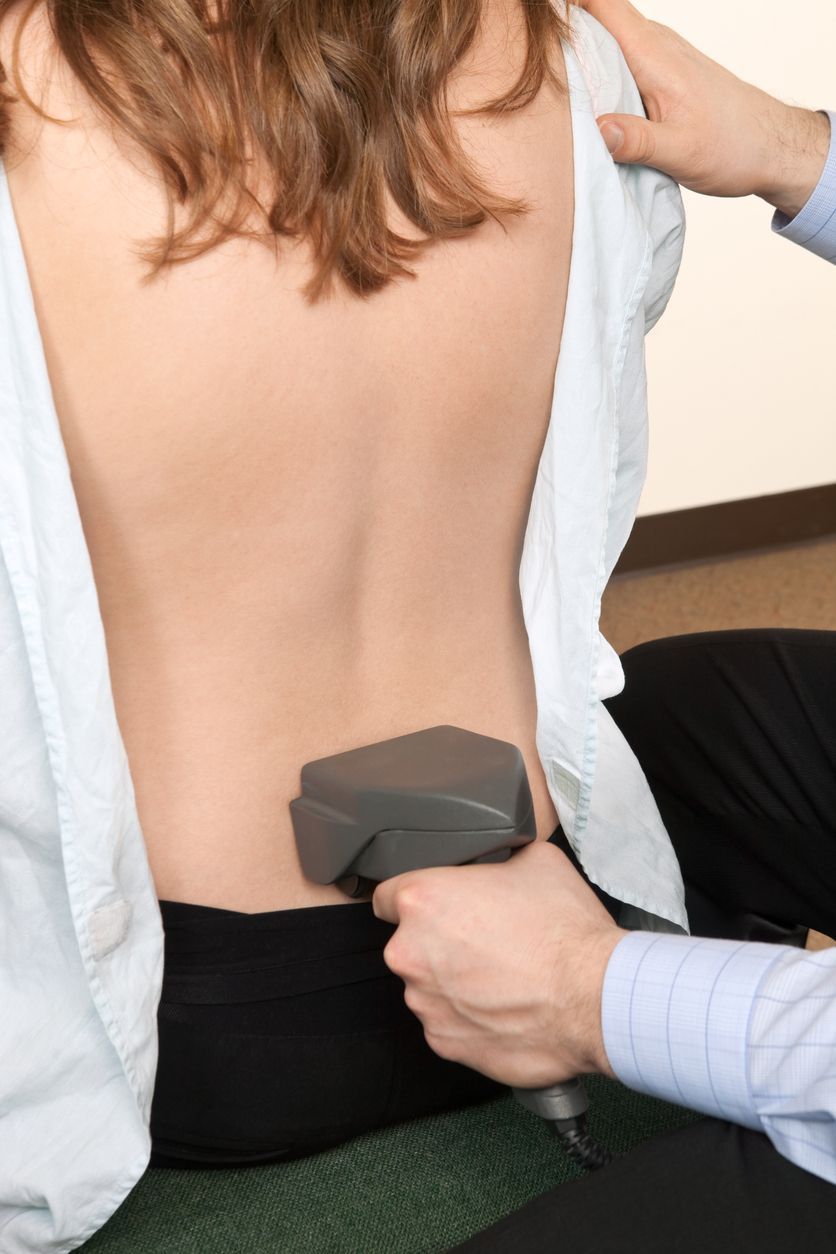How to Boost Your Health in the Chilly Spring Months
The human body operates at an optimal temperature between 65 and 75 degrees F. In the colder months, we often find ourselves shivering, sipping hot drinks and warm soup, and bundling up in sweaters to keep warm. This isn't just for comfort, however, our body needs to maintain heat for immune health.
It should come as no surprise that many people get sick in the winter because the cold reduces their immune strength. If you want to protect your immune health during the fall and winter months, it is important to protect your core body temperature as well. Here are a few helpful health tips for the cold season.
1. Stay Active
Moving around improves blood flow which increases your body's ability to stay warm and robust. Maintain your workout schedule, even if that means bringing your cardio indoors. A strong cardiovascular system can boost your immune health and keep illness at bay. Regular and routine calorie burn will also help you stay healthy during holiday snacking.
2. Balance Your Nutrition
Speaking of holiday treats, keep good and balanced nutrition in mind. You may be surrounded by winter cakes, cookies, stuffing, potatoes, and caramel-covered popcorn - but all those carbs need a balancing factor. Remember to eat your turkey before going for a second helping of potatoes and have a healthy lunch before hitting up the snack table at your office holiday party.
Loading up on vegetables and sating your sweet tooth with fresh fruit is also a good idea. It is not just for appetite control, but also for the micronutrients your immune system needs to stay strong.
3. Keep Your Core Warm
Don't let your body temperature drop too low. Keep your core warm and make sure your fingers and toes are never too cold. Wear sweaters, vests, and insulating layers to avoid shivering. Don't be shy about leggings or long johns under your everyday pants, either, if the temperature starts to drop.
If you are someone who struggles with body temperature even in warm clothing, consider a heated vest or jacket to provide that necessary heat that you need for winter health .
4. Stay Hydrated
Remember to drink plenty of water , and include a few sports drinks and bowls of salty soup in the mix. Provide your body with water and the electrolyte salts it needs to put that water to use. Herbal teas and very light caffeinated teas are also hydrating, but coffee and black tea are not. Skim milk in your hot cocoa is very hydrating, and so is chai tea, which tends to be milky.
5. Take Care of Minor Illnesses
If you feel yourself starting to get sick, take good care of yourself. Take a day off to rest and recuperate. Enjoy healthy soups and a day in bed. Let yourself sleep off the illness and don't forget to keep drinking water. Little bugs can often be chased away with sufficient self-care.
6. Manage Your Stress
Immune health also involves stress management. The fall and winter aren't just cold, they are also a hectic time at work and home. Between end-of-year tasks and the imminent holiday season, it can be all too easy to get more stressed out than you realize. In fact, it's entirely possible to get dangerously stressed even if you're having a great time.
Remember to take time to relax and find your center. Take the occasional evening off from everything. Unwind alone or quietly with your favorite people for a break in the hectic fall and winter schedule.
7. Get Thermography Scanned
Keep an eye on your immune health and strength with thermography scanning . A single thermography scan can show how your body temperature relates to your immune system. You can see how the cold weather affects your strength and ability to resist illness around this time of year.
Contact us to learn more about winter health and the helpful information you can get from a thermography scan!













